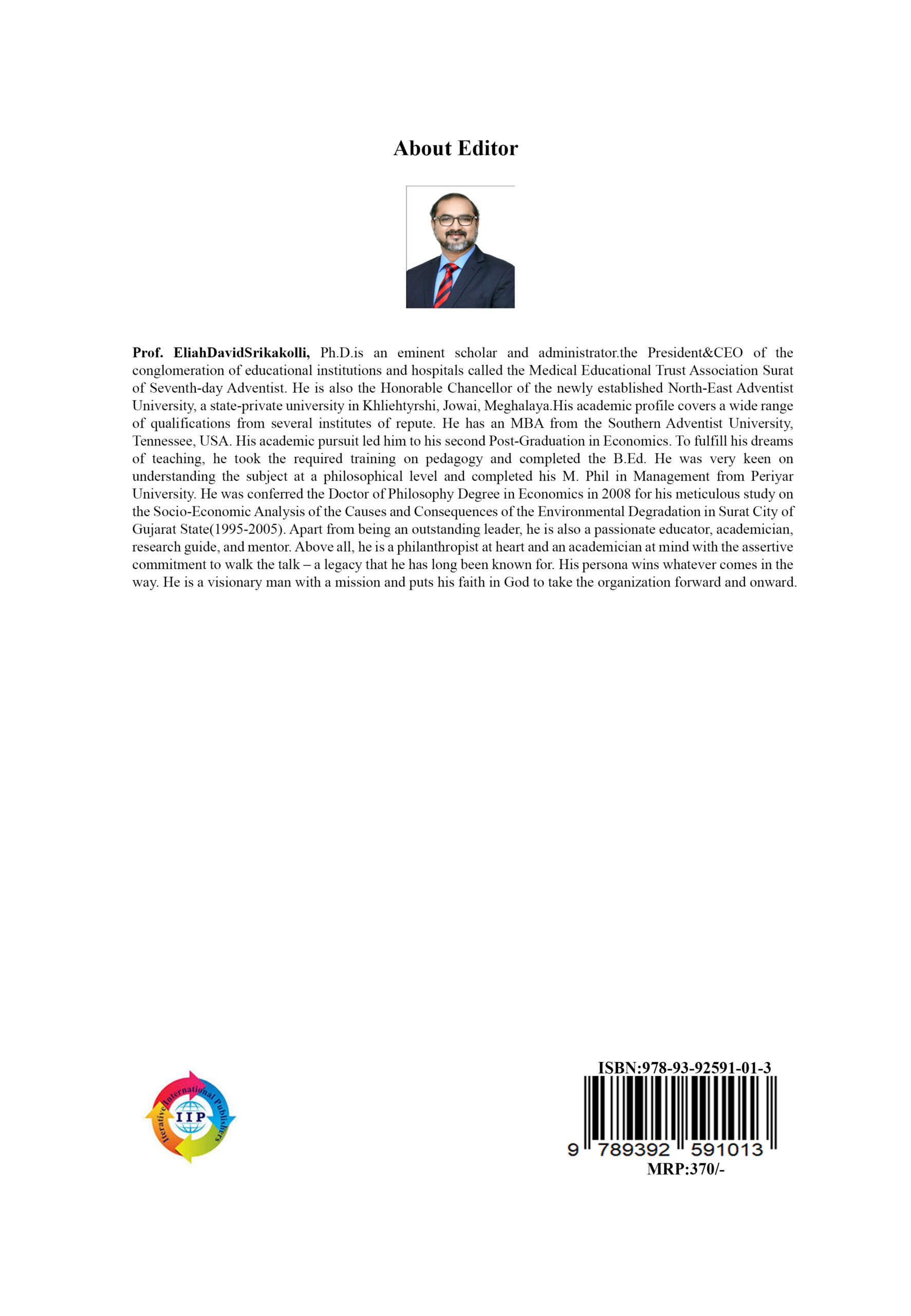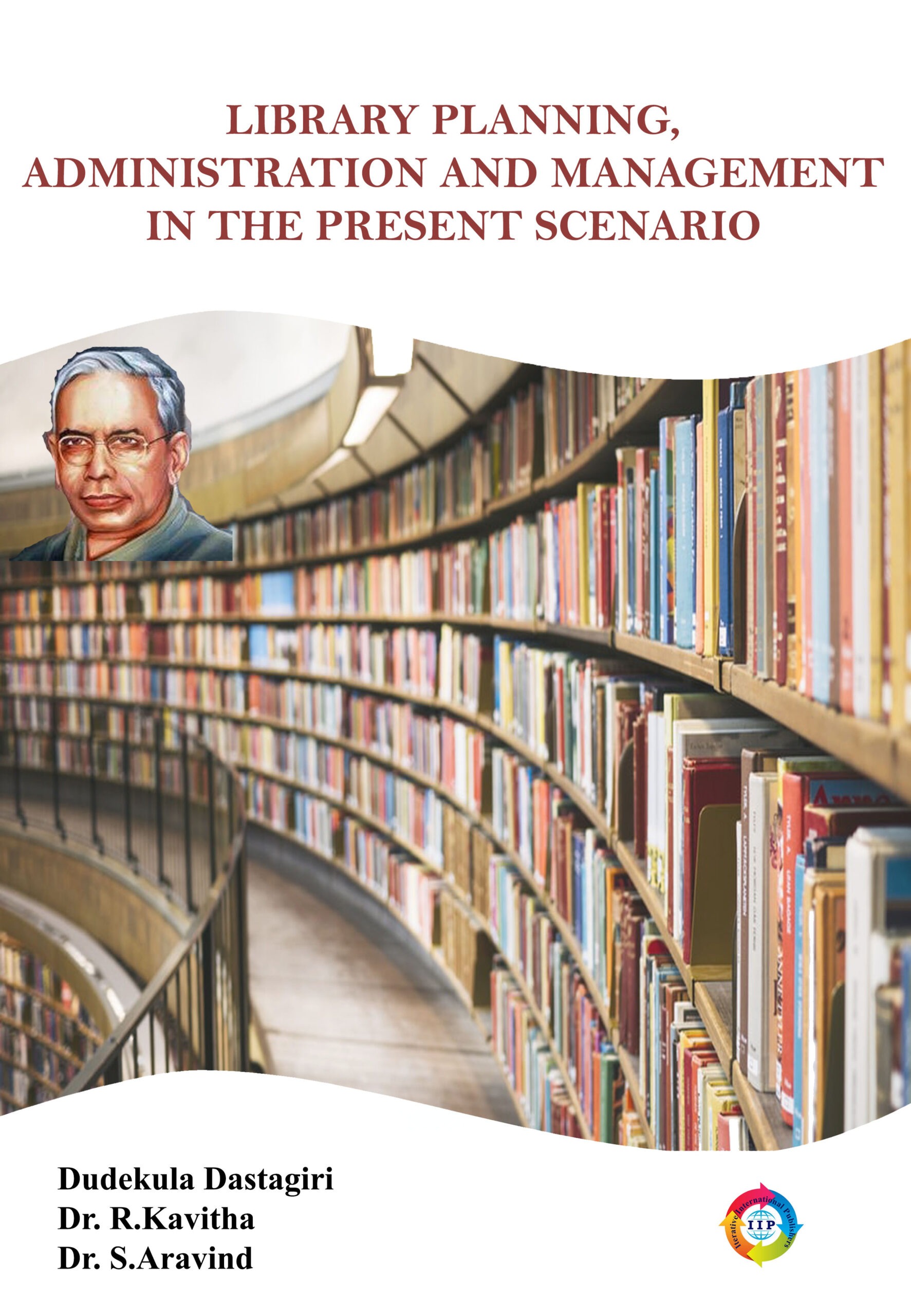The consequences of the corona virus disease (COVID-19) outbreak are unprecedented and felt around the world. The world of work is being profoundly affected by the pandemic. In addition to the threat to public health, the economic and social disruption threatens the long-term livelihoods and well being of millions. The pandemic is heavily affecting labour markets, economies and enterprises, including global supply chains, leading to widespread business disruptions. With the changing business environment and new techniques have evolved at a stupendous phase.
COVID -19’s impact on employee and employer’s round the globe has been dramatic and also there is a great challenge in engaging and managing virtual teams at work through the new norms of Work from home by executing new innovative strategies for employee engagement in a healthier way and also measurement criteria on productivity of work force has been changed during pandemic.
Managing employee’s performance during this turbulent times is really challenging for immediate superiors and managerial focus is to ensure that highly engaged employee base which can serve the customer with full zeal and enthusiasm by going extra mile to solve the problems of the customer’s and thereby bring customer’s to a delighted phase rather than just stopping at customer satisfaction by giving priority to organizational values over the personal values and also have a balance work life thereby minimizing the threat of stress during this turbulent times.
The COVID -19 pandemic has brought changes in the world around us in several different ways. It has made huge impact social, economic, and educational sectors. It has altered how we live and work. A compulsory Work from Home concept was applied to most of the institutions and organizations. Though this Work from Home was applied to men and women equally, the dilemma faced by women was acute as the women shouldered to the unpaid work more than the men would do in an Indian household concept. There was a shift from the public to the private domain, which made it difficult for Indian working women as they faced a new set of issues connecting both job and family. The penetration of professional life into the professional life gave challenges in balancing the Work-Life. The problem of official work and household pressure had increased difficulties for women. The working women of India are under the shackles of the patriarchal norms of society.
The Information Technology (IT) and its tools play vital role in providing services for handling and management of covid-19 pandemic. The healthcare community in India is using the advance tools and techniques of information technology for dealing with this pandemic. The Information Technology (IT) facilities and tools like mobile services, Internet of Things, big data, cloud computing, artificial intelligence etc. are used by the healthcare fraternity for the warning, detection, monitoring, controlling, prevention of the pandemic situation. IT is also useful to healthcare community for the documentation, sharing and storage of patient’s data and other related information.
As the COVID-19 virus created havoc with the healthcare system, telehealth is stepping up in rescue and helping healthcare providers, medical practitioners, organizations, and caregivers to provide health care services to the people who need it. Telehealth services are contributing positively to healthcare during the pandemic and are being used in a variety of ways to deliver care services to maximum population. This overall review focuses to identify the role of telehealth services in preventing, curing, detection, and controlling diseases during the COVID-19 outbreak. TCovid-19 has impacted the whole market dramatically.
The reallocation of investor’s portfolio has changed because of risk and return expectations of the investors. The behavior of investors in selecting the portfolio pre Covid-10 and during the pandemic is analyzed. Different investment options are discussed ranging from risky investment to risk reinvestment. The result showed that due to the pandemic investors preferred to invest in risk free investments compare to risky investment options. Investors are moving towards conservative portfolio because the return on risky share is not expected at the time of Covid-19 pandemic situation.
Changes on legal structure emerged and at the same time, the government invoked two laws which gave statutory powers to the centre as well as the states for enforcing national lockdown and taking measures against the pandemic.
- The Epidemic Diseases Act, 1897 (EDA) and
- The Disaster Management Act, 2005 (DMA).
With the pandemic of COVID -19 going around, there is boost in demand of online shopping, cash less payments, and no contact delivery. The boost was also seen for eco friendly products as people started getting more in depth knowledge on how eco friendly products are important for them.
Covid-19 pandemic has brought down a sense of fear and anxiety over the globe. This pandemic has lead to short term as well as long term psychological and mental health implications for children and adolescents. Some are infected and quarantined and some from the fear of getting infected are quarantined. Because ofthis there is huge impact on the mental health conditions of youth and children
This book explores the impact of COVID-19 in India on MSME. i.e. Micro, Small and Medium Enterprise. MSME are considered as the key drivers to run the Indian Economy. Millions of Indians livelihood is depended on the functioning of the MSME’s. The impression of the COVID-19 have been most vulnerable on the delicate sector of Micro, small and medium enterprise because of sudden and undesirable breakdown of various elements as shutdown of business, financial breakdown and lay off in job across all sectors irrespective of size of business. The paper will also highlight the tightening of monetary cycle in the Indian economy. Also, the crux realised in the country’s complete economic cycle of demand, supply and labour from cessation of work. The pandemic have moved the economy to the recession, penetrating more focus on relief measures.
The age of lock down where people are locked up in their houses and at times line up in front of a vegetable vendor shop in large queue to buy vegetables has created the shortage of food supply but in turn has been a boon for some to think out of their box and come up with new ideas of gardening and farming. Many learned personals are trying to grow vegetables inpots in their houses and backyards are and trying to experiment different means and ways of growing crops and vegetables.
Finance is the life blood of any business. The factors of production land, labor, entrepreneurship and capital are essential for starting any business and amongst them capital or finance holds the key as it can be used for purchasing the other resources and providing them effectively. Obtaining finance is a challenge for SME due to their small size, limited resources and other constraints. The Covid 19pandemic has made it very difficult for the small businesses for obtaining finance and SME credit crating would help in a big way.
This book offers a wide effect of new technologies and new business methods and technologies which have evolved worldwide during this covid pandemic. It offers the reader a mutli faceted view of the current situation and how business has come out successfully and victoriously.









Reviews
There are no reviews yet.